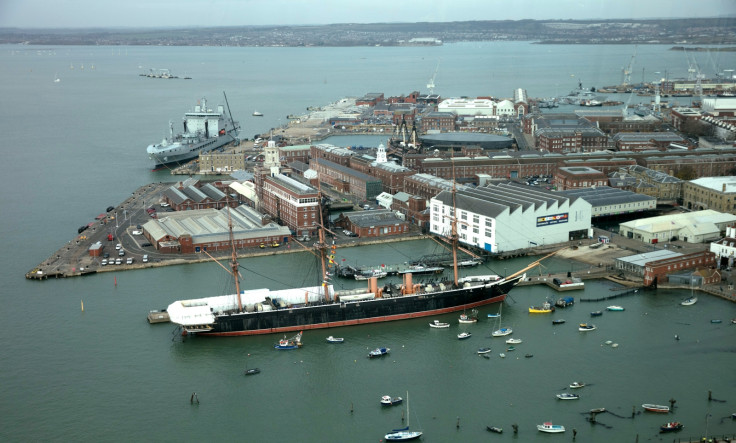UK: Traces of cocaine, E.coli bacteria found in Hampshire seawater
E. coli levels were 760 times more than the acceptable levels established by the UK Environment Agency.
A team of experts found traces of cocaine, E. coli, and other harmful chemicals in Hampshire waters during a study carried out to check the water quality.
The study was conducted by the Final Straw Foundation in collaboration with researchers from Brunel University and Portsmouth University.
The team studied the water quality in the ports of Langstone and Chichester and was shocked to find traces of drugs, including amphetamines, MDMA, cocaine, antidepressants, and anti-seizure drugs.
They found that E. coli levels were 760 times the acceptable levels established by the UK Environment Agency, per a report in The Independent.
E. coli is a type of bacteria found in the gut that is mostly harmless, but certain types can cause bloody diarrhoea, abdominal pain, as well as a haemolytic uremic syndrome, which is potentially fatal.
The Founder and CEO of the Final Straw Foundation, Bianca Carr, said that there have been cases wherein dogs got E. coli poisoning from swimming in the ocean.
"Recently there was a case where someone cut their foot on a surfboard foil and suffered from an internal E. coli infection. A young woman in Portsmouth even contracted hepatitis A from the water," said Carr.
"All these chemicals that aren't treated are stacking up on each other and impacting our ecosystems and potentially humans," she added.
In 2016, a review commissioned by the UK government warned that antibiotic-resistant superbugs will kill one person every three seconds and cause trillions of dollars of economic damage by 2050 if left unchecked.
The review estimated that around a third of the 10 million deaths arising from antimicrobial resistance (AMR) in 2050 will come from drug-resistant E. coli. It said that AMR could kill up to 10 million people each year by 2050 at a cumulative cost of $100tn (£69tn, €89tn) to the global economy.
AMR occurs when bacteria change and antibiotics no longer work in people who need them to treat infections.

© Copyright IBTimes 2025. All rights reserved.






















